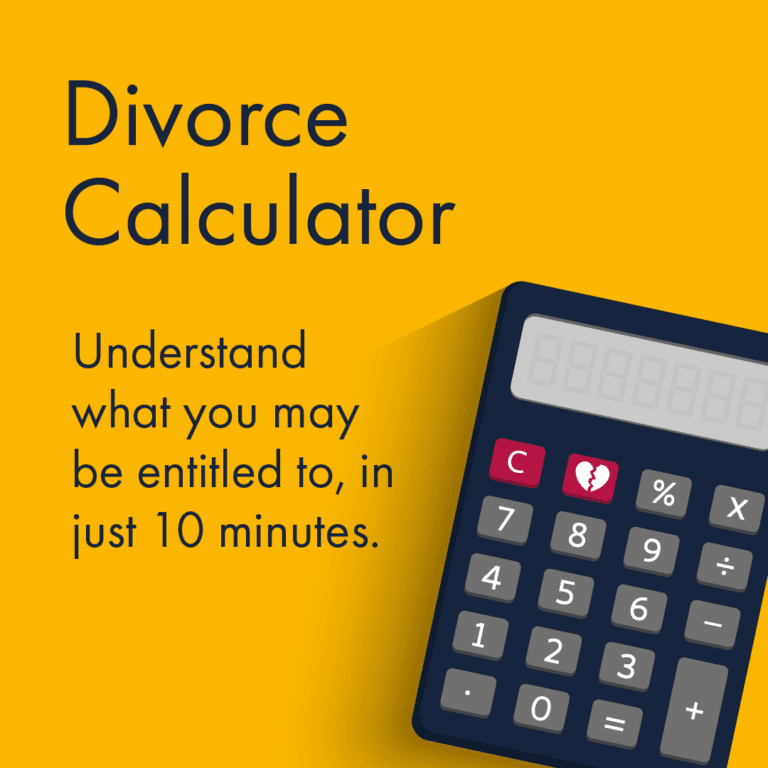Our financial services
Full and frank disclosure is essential to reaching a fair settlement. Being open about your finances and allowing scrutiny where necessary increases trust and makes a mutually-beneficial, quicker and cheaper settlement easier to reach.
Your local divorce finance solicitors
At Stowe Family Law, we make family law more straightforward and know that each case is unique, needing tailored support. We guide our clients through dealing with finances during the divorce procedure with compassion and care. They know they have the right group of professionals on their side.
 Use the calculator
Use the calculator
What is a prenuptial agreement?
A prenuptial agreement, commonly known as a prenup, is a contract a couple agrees to enter before a marriage or civil union. It allows you to outline and manage the legal rights both parties agree to upon marrying. It typically also covers what will happen to their financial assets in the event of divorce or the death of a partner.
What is a postnuptial agreement?
Much like a prenuptial agreement, a ‘postnup’ is a contract agreed to by both parties of a civil union or marriage that lays out their legal rights in the partnership and the division of financial assets. Unlike a prenup, a postnuptial agreement is signed after the couple has married.
What our clients say
We offer an award-winning service
 Download our free financial disclosure guide
Download our free financial disclosure guide
In-house accountancy service
Our in-house team of accountants are on-hand to support you when you need a professional accountant’s knowledge and advice.
They work alongside our lawyers, so you can quickly access their expertise without waiting to speak to an external professional.
They can help with:
- Accurate business and property valuations
- Determining actual family income
- Uncovering hidden assets
- Identifying non-disclosed assets and business interests
- Identifying pre and post marriage assets
Common questions about family law finances
Common questions about family law finances
-
What is the 70/30 rule?
You may have heard the 70/30 rule mentioned when discussing divorce. This refers to a common division of assets in divorce, where one partner (typically the one earning the most money) is entitled to 30% of the financial assets in a marriage, and the other gets 70%. This is not a law or hard rule. Some couples elect for 60/40, an even split and everything in between. Every divorce is different, and Stowe will work with you to get the best outcome for your needs.
-
What is a freezing order?
A freezing order, also known as a freezing injunction, is placed on defendants so they cannot lower the value of their assets or move them in order to make them impossible to find. This is covered by Section 37 of the Senior Courts Act 1981, which allows the High court to grant an interim freezing order where it is “right and just”. If the defendant has committed fraud or a clear and effective case can be made to indicate they may try to withhold or “dissipate” their assets, a freezing order can be imposed.
-
How is spousal maintenance calculated?
In the UK courts, there is no set formula for calculating spousal maintenance. During the divorce hearings, the court will consider a myriad of factors. From financial assets, to living expenses such as housing costs and any other financial obligations a spouse may need to fulfil. If you’d like to understand more about how much the divorce process could cost you, take a look out our divorce calculator.
Meet our divorce finance solicitors
Latest advice
Newsletter Sign Up
Sign up for advice on divorce and relationships from our lawyers, divorce coaches and relationship experts.
Privacy Policy

























